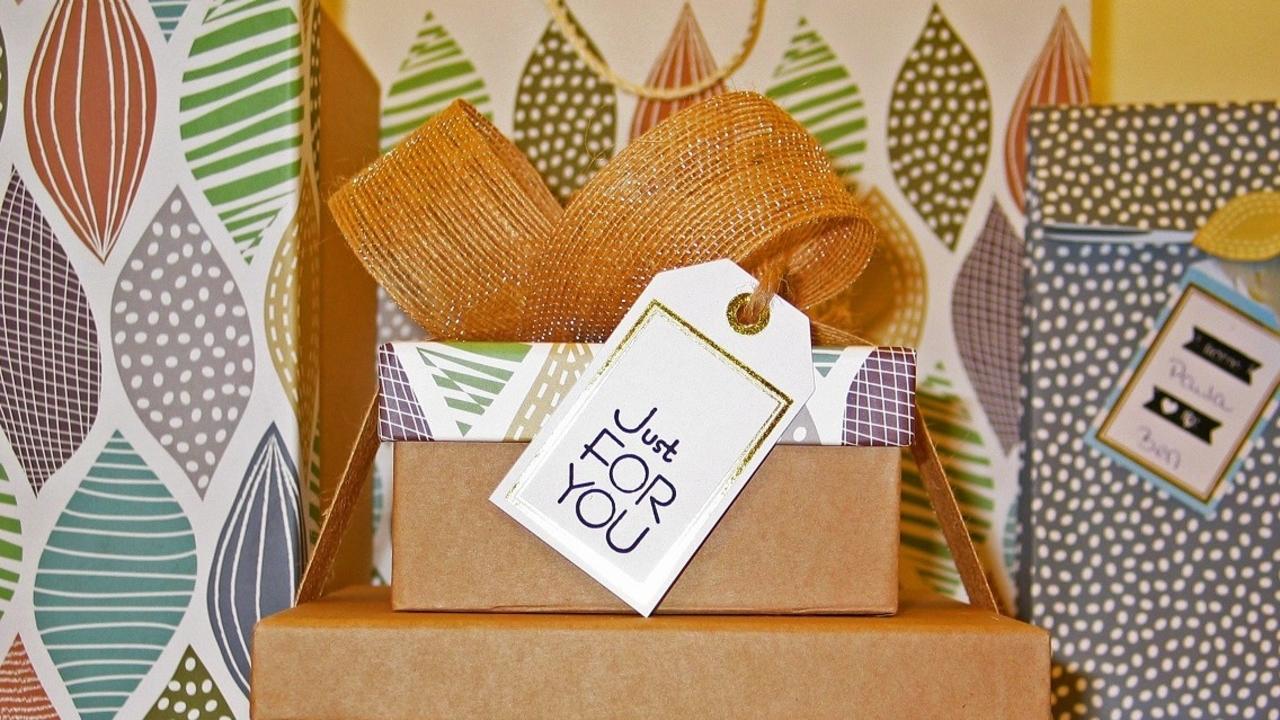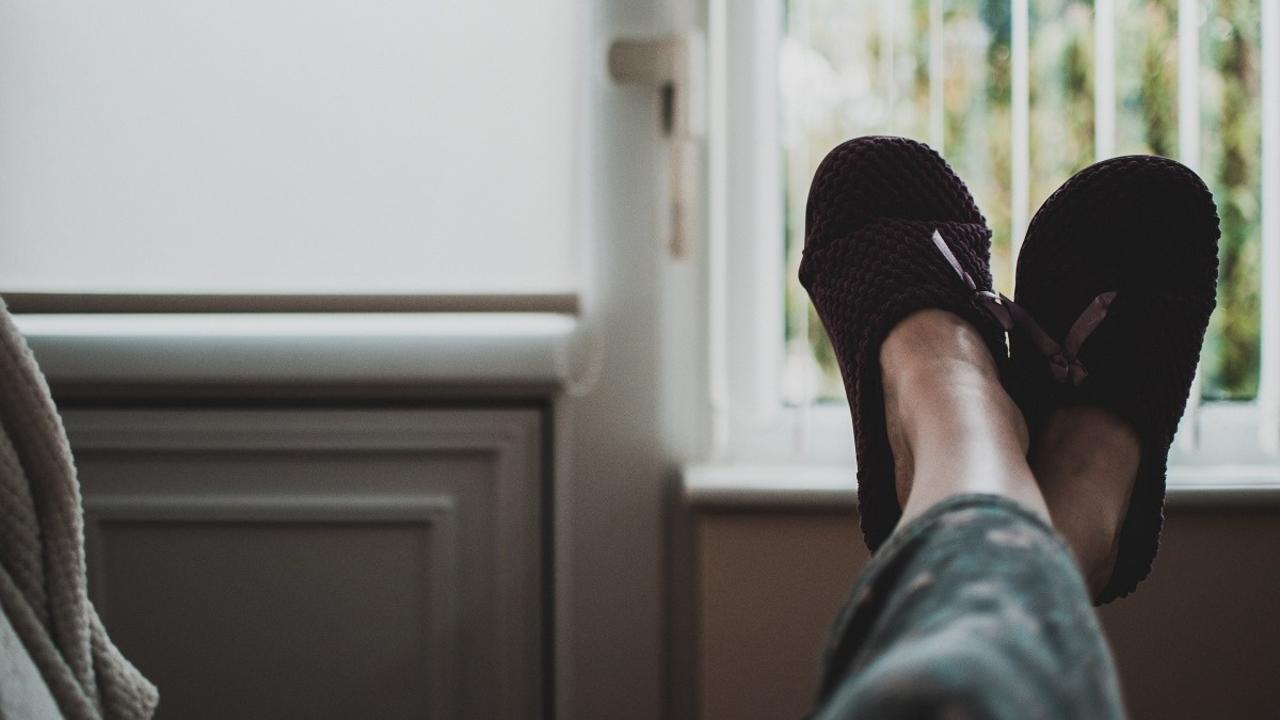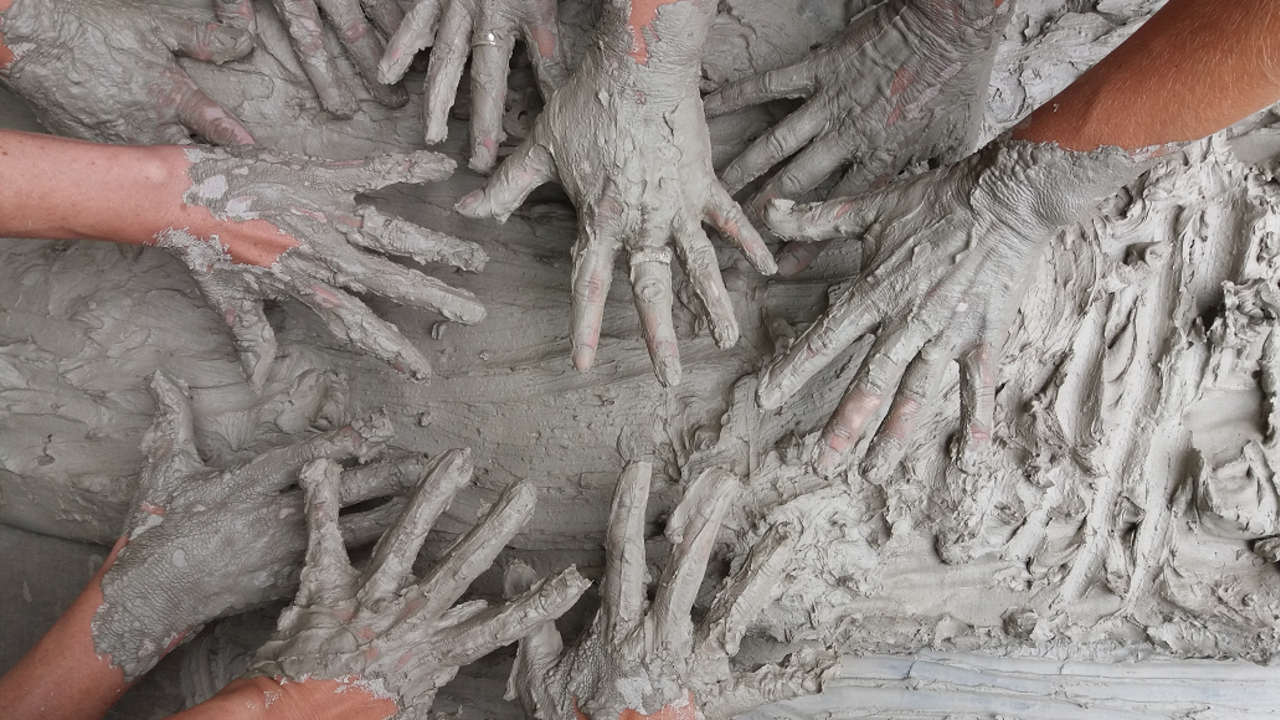Liftoff

Yesterday I launched the beta version of my signature program. It’s been a long time in the making, and it was a major milestone. The word “launch” comes up a lot in the realm of online business, and I’ve come to appreciate all it implies. It usually refers to the release of a product to an audience. And the world of social media marketing is full of tales of angst and woe about launch fears and failures.
But if there’s one thing I’ve learned in building my online business to date, it’s that you’re always launching. In the world of online business and social media marketing, you’re always releasing something new, even if it’s as simple as a Facebook or blog post.
When I hear the word “launch” I envision a rocket shot into outer space. A small vehicle hurtling through the darkness into the starry heavens toward places unknown. I feel kind of like that whenever I launch something into the internet. Whether it’s as small as a post, or as big as an online course, I’m casting something ou...
What's Your Gift?

I think everyone has a special gift, something that is theirs and theirs alone to realize, and to give. And yet, not everyone realizes their gift. What about you?
If you check in with yourself right now - the life you're living; the career you’re pursuing; your relationships; your hopes, dreams, and fears - what do you see? Are you realizing and giving your unique gift to the world?
If I’m honest with you (and I hesitate saying this, because it sure sounds immodest), I think my special gift is the ability to see the gifts of others! I think it led me to become a therapist, and it’s what I hope to offer you in my new online course and coaching program, “The More Creative Therapist” (beta launching in January).
Through my program, I hope to help you realize your special gift, using creativity as a vehicle for doing so.
During sessions as a therapist, I often find myself holding possibility for my clients. As therapists, we often use that word, “holding,” to mean gently maintaining a ...
A Brief Respite

I’ve been laying low for the past few months, and if you haven’t noticed, maybe it’s a mistake to point it out. But I thought I’d confess: I’m burned out.
It’s embarrassing for me to admit, because I pride myself on not getting burned out! For the most part, I’ve considered this my special gift as a therapist: that I don’t tend to experience the burnout I hear about from most of my peers. And it’s all the more embarrassing because burnout is one of the problem areas I hope to address in the course and program I’m developing on creativity for therapists.
So I write this sheepishly. What went wrong?
Since burnout comes in so many forms, I find it helpful now as I write and reflect, to ask myself how I know I’m burned out. Because it’s something I don’t identify with, some closer examination is called for.
I realize I’m burned out because I’ve had a nagging “cold” (upper respiratory infection) for a couple months now, unusual for me because I rarely get sick.
I realize I’m burned out...
Artificial Urgency

Sometimes I feel overwhelmed. My task list is full, there aren’t enough hours in the day, and my responsibilities loom large. It leads predictably to stress and exhaustion. Given the work we do, it’s no surprise that burnout and self-care are mainstays in discussions (online and off-) about the work of helping professionals.
At times it feels insurmountable.
But at other times, if I allow myself, I can see my contribution to the wear and tear. I contribute by insisting on an urgency that really isn’t there. Not really. I’ve just convinced myself that it’s so. I think we often do, out of habit, out of self-importance, out of a sense of crisis that just might be more in our heads than anything.
I recently posted this in an online discussion group: Sometimes I need to remind myself that I don't really HAVE TO do anything. That's self-care too. I was surprised by how many “likes” the post generated. I was glad the message resonated.
It’s true. More often than we care to admit, we don’t...
Thingification

I had a few conversations with colleagues this week who (coincidentally) wanted to make a change in their professional practice by doing more work in advocacy and social justice. They clearly felt this was the direction they wanted to pursue, but they weren’t quite sure how to proceed.
This is the way a creative impulse feels. It often begins as a yearning - the feeling of longing coupled with a general sense of direction, but without the clarity.
Yet.
I have a suggestion: gain clarity by taking the ideas that accompany those feelings and “thingify” them. How? Give them form. You can begin with something as simple and straightforward as a list. But I suggest you go a little further and create an array of Post-Its. Or you can go even further (if you’re inclined toward playful risk-taking) and sculpt your ideas free-form with clay to see what comes out the other end.
(I suspect most of you feel comfortable with the first 2 suggestions, but a little queasy about the 3rd. Right?)
Wh...
It's in the Making
For some, imagination remains a mental exercise. Our minds are capable of conjuring vivid sights and sounds that can activate a range of emotions, including excitement and yearning. Remember a moment when you were engrossed in something you imagined? Perhaps you got so carried away in a daydream that only a rude interruption could bring you back to your everyday. That’s the power of imagination.
But as long as what we imagine remains a thought or an idea, it doesn’t really come to life. Creators give form to thoughts and ideas in order to make them real. That takes doing. And the doing usually involves making. That’s where we’re faced with the challenges of form and material. That’s where our commitment to our vision is tested. And that’s where most of the learning happens: finding out what we do and don’t know; the false starts and failures; the new tools, materials, and methods.
Everything comes together in the doing, in taking action.
So if you’re one of those creative types wh...
The Imperfectionist

I used to be a perfectionist, and it was much harder to be creative then. I struggled then as an art student and as a fledgling designer. I lived in a constant state of anxiety and fear, always afraid of being harshly judged by others, while being my own worst critic. I thought if I could out-criticize everyone else, I’d somehow be protected. It just made me uptight, and often my creative impulses got stuck, or worse, frozen. Paralysis was my way out. And while it let me off the hook, it also kept me from finishing what I started. Or even getting started at all.
Has this been true for you?
I think perfectionism gave me a way to justify my sense of failure. By telling myself that my high standards were a testament to excellence and integrity, I was able to moralize my insecurity. It just made me more defensive.
I’m not sure how or when things changed. Gradually I think, but there were some key shifts.
I stopped taking myself so seriously. I took the work seriously, but not the perso...
Permission to Create

I’d always been a maker as a kid, and I loved teaching myself by reading books and magazines. By the time I was a teen, I was designing and sewing many of my own clothes, and crafting stylish macrame bags and vests. I was confident in the stylish space I created for myself. But all that changed as I grew older, left home, went to college, and entered the world of young adulthood far from the life I’d known.
Making became a big deal, filled with anxiety. While I can now appreciate the earnestness of my artistic and literary aspirations, it came at a cost. Creative paralysis became common the more serious my hopes and dreams. College was a whole new world, one for which I was unprepared, filled with smart aspiring peers. I felt small, and I grew increasingly ashamed of my creative efforts. They seemed clumsy and awkward, as if I was trying to speak a language I barely understood. It was tough.
The thing that helped was being taken seriously by someone else. I had a couple of those pe...
Beautifully Broken

Many years ago I found a striking photograph in a book, of a broken Japanese teacup mended with gold. It communicated so much: about a culture, mindset, and values. I was used to the western way of repair that tried hard to make things look “as good as new,” as though nothing had ever happened. The Japanese teacup conveyed the opposite. The brokenness wasn’t something to hide or disguise, but something precious to be honored.
I was delighted to find that someone had just posted a video in a Facebook group I’m a member of, documenting this mending process: kintsugi.
I’ve talked about the teacup I discovered in that book often. And when I’ve described it to clients, their faces light up. They get the metaphor and the larger message. They reconsider their own brokenness, now recognizing the underlying cultural values that have reinforced their sense of shame. A new possibility opens: beauty.
We’re able to talk about therapy as a kind of mending. And if they’ve felt some shame about be...
Cultivating a Creative Mindset

Yesterday, I gave my first online workshop, Cultivating a Creative Mindset. I talked about 2 states of mind that typically help AND hinder us when we try to create.
At one extreme is that state of mind that loves to plan and organize. It’s filled with ideas, opinions, and anticipation, ready to make things happen, usually as predictably as possible. Some people call that our left brain. It’s great for executing ideas, but often preoccupied with control. It gets anxious easily when things don’t go as planned. This is the mind of checklists, blueprints, clearly defined roles, responsibilities, and tasks. This is the mind that’s comfortable with the kind of success that comes with well-executed strategies.
Is this you?
At the other extreme is that state of mind that’s dreamy and imaginative. It's also filled with ideas, but maybe a little too comfortable with beginnings that never quite come into fruition. Some people call this our right brain. It’s great for inspired imaginings and gr...
